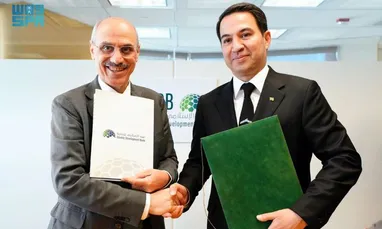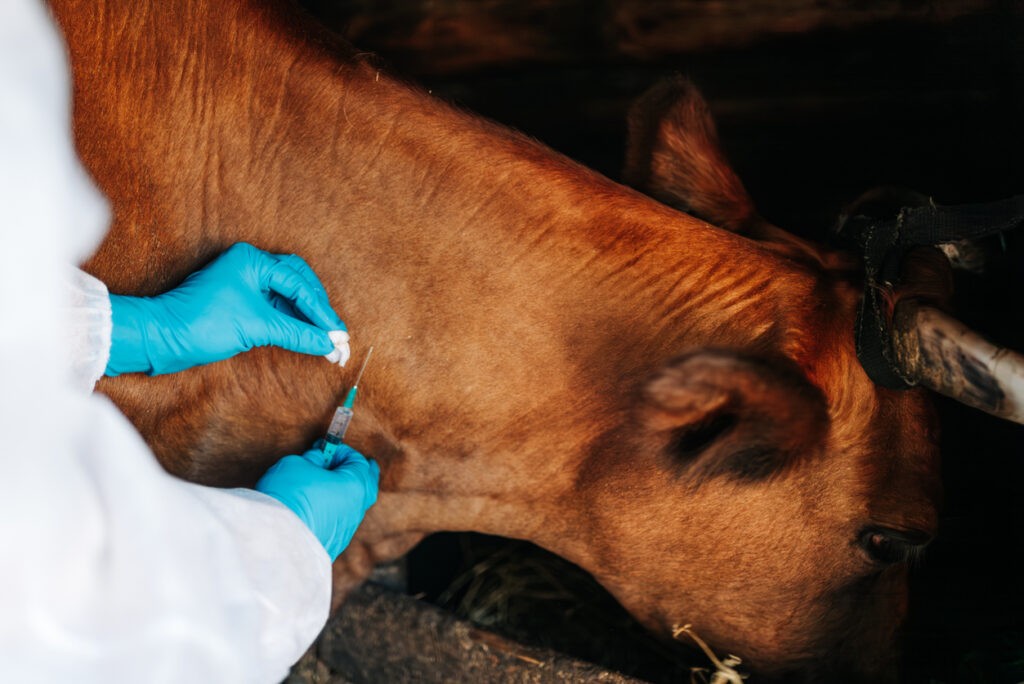Report Addresses Air Pollution in Almaty
On October 30, the United Nations Development Programme (UNDP) in Kazakhstan, together with the Urban Center of Almaty Management University, presented the results of their joint efforts within the Green and Safe Streets Initiative, which aims to address air pollution in Kazakhstan’s largest city, Almaty. This initiative is part of the regional City Experiment Fund program funded by the Ministry of Finance of Slovakia. The Green and Safe Streets Initiative included three interrelated clusters of activities: a social impact campaign, tactical urban actions on Berezovsky, Turgut Ozal, and Kazybek bi streets in Almaty, and the installation of air pollution measuring devices, which resulted in the development of methodological recommendations. These actions helped identify further steps to address the complex challenge of improving air quality in Almaty. The actions and approaches implemented within the City Experiment Fund framework are expected to help reduce air pollution by increasing green spaces, introducing energy-efficient technologies in the housing sector, improving infrastructure for pedestrians and cyclists, and prioritizing public transport. According to IQAir, Almaty, along with the industrial city of Karaganda, has the highest level of air pollution in Kazakhstan and is among the 25 most polluted cities in the world. The primary sources of air pollution in Almaty are motor vehicles and private-sector and municipal heating that burns coal. During the winter, Almaty is covered by a deep smog that causes severe health problems and a high prevalence of respiratory diseases in the local population. According to an Asian Development Bank report, the decline in Almaty’s air quality is attributable to the city’s population growth, rapid urbanization, inefficient public transportation, and heavy reliance on coal for power generation and residential heating. The city’s valley setting exacerbates these factors, creating ideal conditions for solid temperature inversions during the late fall and winter that trap pollutants in the lower atmosphere. Additionally, the ADB report concludes that the city’s low wind speeds cause pollutants to accumulate and recirculate at the city's surface level.






